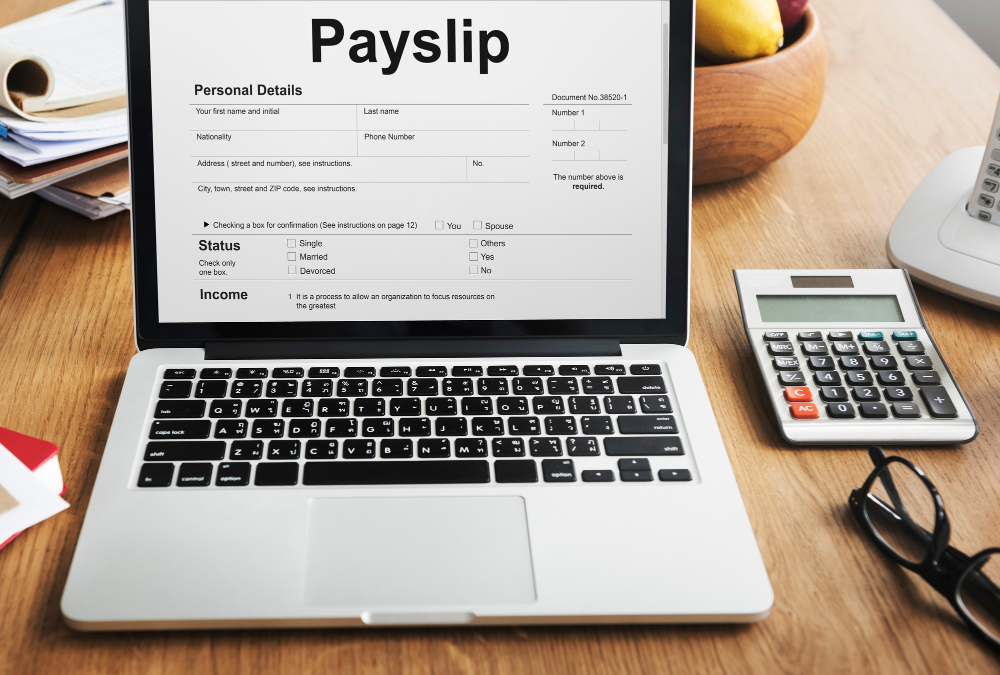State-Specific Pay Stub Formats: Intermediate Overview
Understanding State-Specific Pay Stub Formats and Laws
In the United States, payroll is more than just calculating hours and wages. It’s a complex system governed by federal and state laws. A crucial part of this system is the humble pay stub. Understanding state-specific pay stub formats is essential for employers to maintain compliance and for employees to track their earnings accurately. This guide will walk you through key requirements, from states with strict regulations to those with lenient or no laws, and explain how a reliable tool can simplify this process. Learning how to use state-specific pay stub formats correctly ensures accurate and professional payroll management.
Failing to comply with state laws can lead to significant penalties, including fines and legal challenges. For employees, an accurate pay stub is a vital financial document, serving as proof of income for loans, rental agreements, and tax filings. To learn more about payroll compliance, visit the U.S. Department of Labor for federal wage and hour regulations.
You can also refer to the pay stub tips and best practices page for guidance on creating compliant pay stubs based on state-specific pay stub formats.
Why State-Specific Pay Stub Compliance is Critical
Pay stubs are more than summaries of paychecks—they are legal records of employment. Compliance with state-specific pay stub formats demonstrates transparency and professionalism while reducing the risk of disputes. For employees, these documents are crucial for:
- Income Verification: Pay stubs provide official proof of income, necessary for mortgages, car loans, or rental agreements.
- Tax Preparation: They help track gross wages, deductions, and tax withholdings accurately. Visit the IRS website for federal tax guidance.
- Dispute Resolution: In wage disputes, pay stubs serve as evidence of hours worked, pay rates, and deductions, protecting both employer and employee.
Using tools like a pay stub generator allows businesses to create professional and compliant stubs in line with state-specific pay stub formats.
Essential Components of a Pay Stub
Although laws vary, a compliant pay stub generally includes:
- Employee & Employer Information: Full names and addresses.
- Pay Period Details: Start and end dates of the pay period.
- Gross Wages: Total earnings before deductions.
- Breakdown of Hours: Particularly important in states like California, showing hours worked and overtime.
- Itemized Deductions: Federal, Social Security, Medicare taxes, and optional contributions such as health insurance or retirement.
- Net Pay: Amount received after deductions.
- Year-to-Date Totals: Cumulative earnings and deductions.
Using a regular pay stub template or exploring our pay stub templates library ensures all required information is formatted correctly according to state-specific pay stub formats.
States with Strict Pay Stub Mandates
Some states have strict laws requiring detailed pay stubs:
- California: Must provide a detailed statement with hours worked, all deductions, and pay rate. More info at California Department of Industrial Relations.
- New York: Wage statements must include rate of pay, hours, gross wages, and deductions.
- Illinois: Requires an itemized statement showing all deductions and net pay.
- Colorado: Detailed earnings statement including hours worked, gross pay, and deductions is mandatory.
Businesses in these states should rely on automated payroll systems or pay stub generators to meet compliance efficiently.
States with Access or No Pay Stub Laws
Some states are more lenient. Employers may not be required to provide physical or digital pay stubs but must allow employees access to wage records:
- Access States: Arkansas, South Dakota, and North Dakota require employers to provide wage records upon request.
- No Explicit Laws: Alabama and Mississippi have no mandates, though providing pay stubs is considered best practice for transparency.
Freelancers and contractors in these states can create professional stubs using a pay stub generator to maintain accurate records in line with state-specific pay stub formats.
Digital vs. Printed Pay Stubs
Many states now allow digital pay stub delivery, which is convenient and eco-friendly. Employees must be able to securely access and print stubs, and employers must ensure sensitive data is protected. Using a regular pay stub platform ensures digital compliance across all states while following state-specific pay stub formats.
For guidance on payroll technology and compliance, visit SHRM.
Best Practices for Employers and Contractors
- For Employers: Stay up-to-date with state laws and use trusted pay stub generators to minimize errors.
- For Contractors: Create your own pay stubs for every payment received to simplify taxes, bookkeeping, and income proof. You can explore pay stub templates to make this process easier.
Conclusion
Understanding and following state-specific pay stub formats is vital for accurate, legal, and professional payroll management. Whether you are an employer or contractor, using reliable tools and templates helps maintain transparency, avoid penalties, and keep proper financial records. For more guidance, visit our pay stub tips and best practices page and check authoritative sources like the U.S. Department of Labor.

